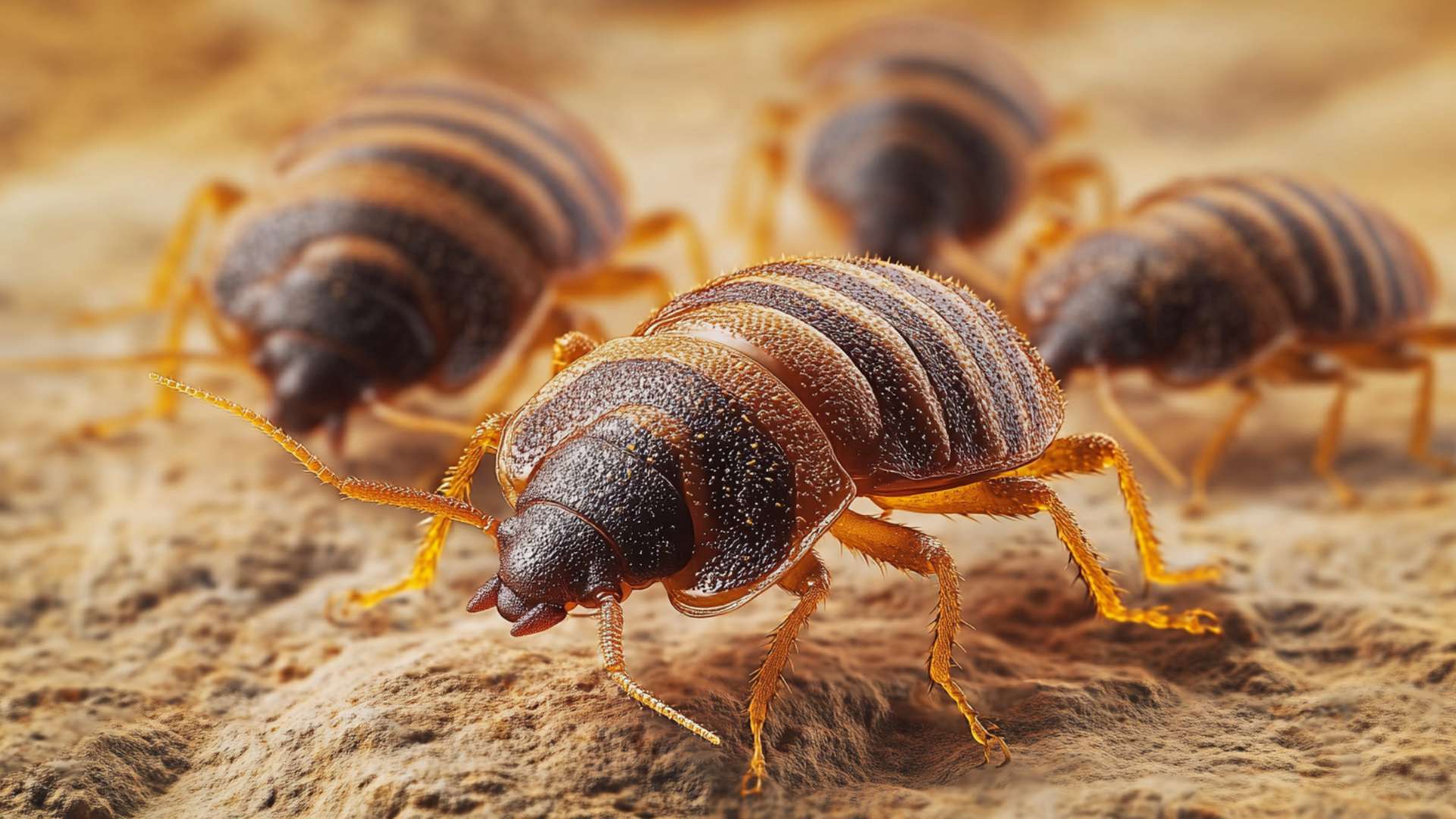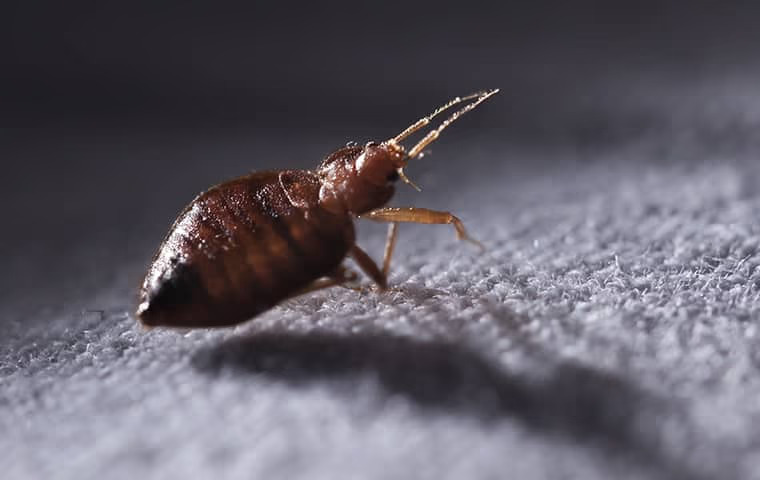Top Kings Cincinnati Pest Control Services: Exterminator Expertise
Top Kings Cincinnati Pest Control Services: Exterminator Expertise
Blog Article
Kinds of Insect Control: Which Technique Is Right for Your Problem?
When encountered with a parasite problem, the option of a proper technique for pest control is important in efficiently managing the scenario. By checking out the various kinds of parasite control approaches offered, individuals can make enlightened decisions customized to their one-of-a-kind conditions, making sure an extra reliable and sustainable end result in bug removal.
Chemical Parasite Control
Chemical insect control involves the usage of synthetic or normally derived chemicals to handle and eradicate pest populaces effectively. This approach is typically made use of in agriculture, forestry, and property settings to deal with a vast array of insects, consisting of rats, pests, and weeds. Making use of chemical pesticides can provide quick and targeted options to pest infestations, making it a prominent selection for numerous people and organizations.
One of the crucial benefits of chemical pest control is its capability to promptly remove insects, minimizing the threat of damage to crops, home, and human wellness. By making use of particular chemicals that target specific bugs, this approach can effectively control invasions while lessening injury to beneficial organisms and the atmosphere when applied properly.
Nonetheless, making use of chemical parasite control also raises concerns about prospective unfavorable impacts on non-target types, water resources, and human health and wellness. It is vital to adhere to safety and security standards, use chemicals sensibly, and take into consideration different parasite control approaches to decrease these threats and make certain lasting bug administration methods.
Biological Insect Control
Biological bug control, also recognized as biocontrol, uses living microorganisms to minimize and manage bug populaces naturally. By making use of the insect's all-natural predators or virus, biological bug control offers a lasting and environmentally friendly remedy to pest management.

Mechanical Bug Control
Using hands-on and physical techniques to take care of parasite populaces, mechanical bug control uses an alternate technique that does not rely upon using living organisms or synthetic chemicals. This method entails using obstacles, traps, or other tools to literally prevent or get rid of insects. By blocking bug entrance points or establishing catches to catch them, mechanical pest control can effectively lower problems without introducing chemicals into the setting.
One typical example of mechanical parasite control is making use of mesh screens on doors and home windows to avoid insects from getting in buildings. This simple yet reliable technique serves as a physical obstacle, keeping pests out while permitting for appropriate air flow. Furthermore, devices like mousetraps, fly swatters, and ultrasonic repellents drop under the mechanical insect control group.
While mechanical bug control methods can be labor-intensive and call for regular surveillance and maintenance, they supply a environmentally pleasant and lasting service for taking care of insect problems. By integrating various mechanical techniques, home proprietors can create a thorough insect control method that reduces dependence on chemical pesticides.
Physical Pest Control

Some common physical pest control approaches consist of using obstacles such as screens or nets to avoid parasite entrance, traps to capture and Click Here get rid of parasites, and hand-picking to physically eliminate insects from plants or structures. Additionally, strategies like warm treatments can be used to regulate bugs like bed insects by raising the temperature level to levels that are navigate to this site lethal to the pests.
Physical bug control is especially useful in incorporated bug management (IPM) strategies, where numerous insect control methods are incorporated for effective pest administration while reducing the usage of chemicals. By using physical pest control strategies, individuals can effectively attend to insect problems with very little ecological effect.
Integrated Parasite Administration
When implementing physical bug control methods as component of pest administration strategies, Integrated Bug Management (IPM) emerges as a comprehensive technique that leverages numerous methods to properly control pest populaces. IPM concentrates on long-lasting avoidance of pests with a mix of biological, cultural, physical, and chemical devices customized to particular bug issues. By integrating several control tactics, IPM aims to lessen the threats related to bugs while additionally decreasing dependence on chemical remedies.
One these details key aspect of IPM is the emphasis on monitoring and assessing pest populations to identify one of the most suitable control techniques. This aggressive technique permits early intervention and targeted methods, bring about more efficient insect administration. In addition, IPM advertises eco friendly practices by prioritizing non-chemical control methods and only using pesticides as a last option.
Conclusion

By utilizing the parasite's natural predators or microorganisms, organic pest control provides a eco friendly and sustainable solution to pest management. - Kings pest control Cincinnati
Using physical and hands-on approaches to take care of pest populations, mechanical pest control provides an alternate technique that does not depend on the usage of living microorganisms or artificial chemicals.An efficient strategy to taking care of parasite populaces without counting on chemical or organic approaches entails the usage of physical bug control methods.When carrying out physical bug control approaches as component of bug administration techniques, Integrated Insect Administration (IPM) emerges as a comprehensive approach that leverages various strategies to properly regulate pest populaces. Chemical insect control involves the usage of chemicals, organic bug control makes use of all-natural killers, mechanical pest control includes physical barriers, physical pest control includes capturing or getting rid of bugs, and integrated parasite administration incorporates several methods for a holistic strategy to pest control.
Report this page